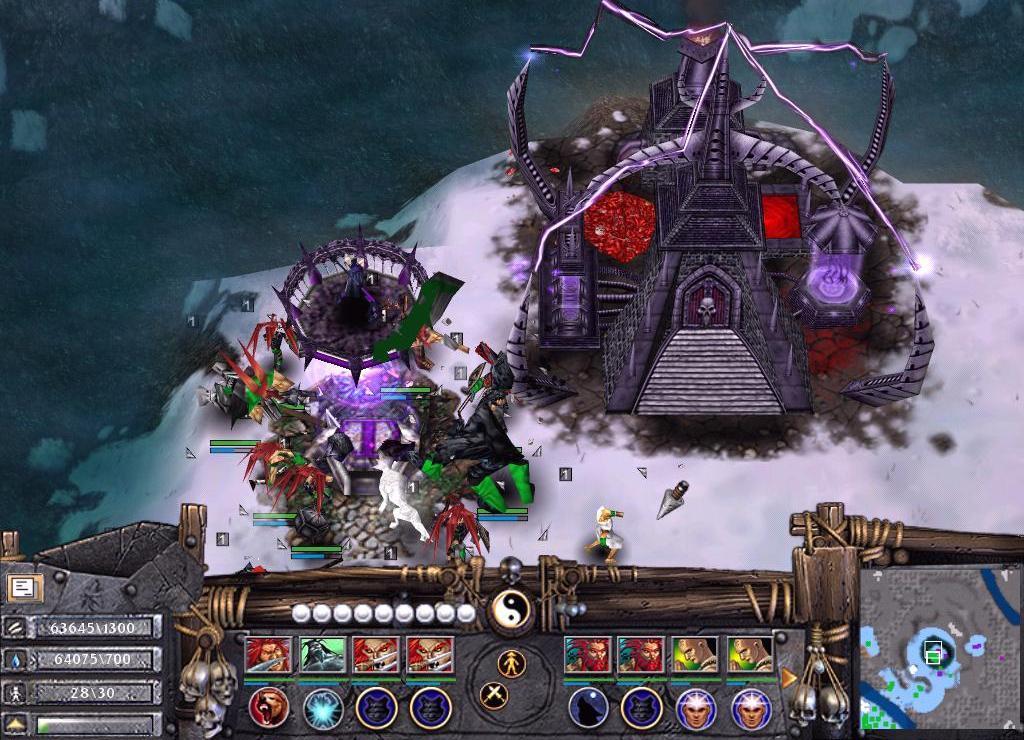Firmennij Blank Obrazec Uzbekistan

• • • The Republic of Uzbekistan is a constitutional republic, whereby the is both. Is exercised by the. Legislative power is vested in the two chambers of the Supreme Assembly, the and the.
The judicial branch (or judiciary), is composed of the,, and that exercises. The movement toward economic reform in has not been matched by movement toward political reform. The government of Uzbekistan has instead tightened its grip since independence (September 1, 1991), cracking down increasingly on opposition groups. Although the names have changed, the institutions of government remain similar to those that existed before the breakup of the.
The government has justified its restraint of public assembly, opposition parties, and the media by emphasizing the need for stability and a gradual approach to change during the transitional period, citing the conflict and chaos in the other former republics (most convincingly, neighboring ). This approach has found credence among a large share of Uzbekistan's population, although such a position may not be sustainable in the long run. Despite the trappings of institutional change, the first years of independence saw more resistance than acceptance of the institutional changes required for democratic reform to take hold. Whatever initial movement toward existed in Uzbekistan in the early days of independence seems to have been overcome by the inertia of the remaining Soviet-style strong centralized leadership.

Uzbekistan is the most populous country in central Asia and the thudding heart of the Silk Road – betwixt its borders are all manner of marvels, the likes of which would make anyone stand and stare.
Contents • • • • • • • • • • • Independence [ ] In the Soviet era, Uzbekistan organized its government and its local communist party in conformity with the structure prescribed for all the republics. The (CPSU) occupied the central position in ruling the country.
The party provided both the guidance and the personnel for the government structure. The system was strictly bureaucratic: every level of government and every governmental body found its mirror image in the party. The instrument used by the CPSU to control the bureaucracy was the system of, a list of sensitive jobs in the government and other important organizations that could be filled only with party approval. The nomenklatura defined the Soviet political leadership, and the people on the list invariably were members of the CPSU.
Following the failure of the against the government of in in August 1991, Uzbekistan's declared the independence of the republic, henceforth to be known as the Republic of Uzbekistan. At the same time, the voted to cut its ties with the CPSU; three months later, it changed its name to the (PDPU), but the party leadership, under President, remained in place. Independence brought a series of institutional changes, but the substance of governance in Uzbekistan changed much less dramatically. On December 21, 1991, together with the leaders of ten other Soviet republics, Karimov agreed to dissolve the Soviet Union and form the, of which Uzbekistan became a charter member according to the. Shortly thereafter, Karimov was elected president of independent Uzbekistan in the new country's first contested election.
Karimov drew 86% of the vote against opposition candidate (or Salikh), whose showing experts praised in view of charges that the election had been rigged. The major opposition party,, had been refused registration in time for the election. In 1992 the PDPU retained the dominant position in the executive and legislative branches of government that the Communist Party of Uzbekistan had enjoyed. All true opposition groups were repressed and physically discouraged. Birlik, the original opposition party formed by intellectuals in 1989, was banned for allegedly subversive activities, establishing the Karimov regime's dominant rationalization for increased authoritarianism: threatened to overthrow the secular state and establish an Islamic regime similar to that in. The constitution ratified in December 1992 reaffirmed that Uzbekistan was a state.
Although the constitution prescribed a new form of legislature, the PDPU-dominated Supreme Soviet remained in office for nearly two years until the first election to the new parliament, the ( Oliy Majlis), which took place in December 1994 and January 1995.  In 1993 Karimov's concern about the spread of Islamic fundamentalism spurred Uzbekistan's participation in the multinational CIS peacekeeping force sent to quell the civil war in nearby Tajikistan - a force that remained in place three years later because of continuing hostilities. Meanwhile, in 1993 and 1994 continued repression by the Karimov regime brought strong criticism from international human rights organizations. In March 1995, Karimov took another step in the same direction by securing a 99% majority in a referendum on extending his term as president from the prescribed next election in 1997 to 2000.
In 1993 Karimov's concern about the spread of Islamic fundamentalism spurred Uzbekistan's participation in the multinational CIS peacekeeping force sent to quell the civil war in nearby Tajikistan - a force that remained in place three years later because of continuing hostilities. Meanwhile, in 1993 and 1994 continued repression by the Karimov regime brought strong criticism from international human rights organizations. In March 1995, Karimov took another step in the same direction by securing a 99% majority in a referendum on extending his term as president from the prescribed next election in 1997 to 2000.